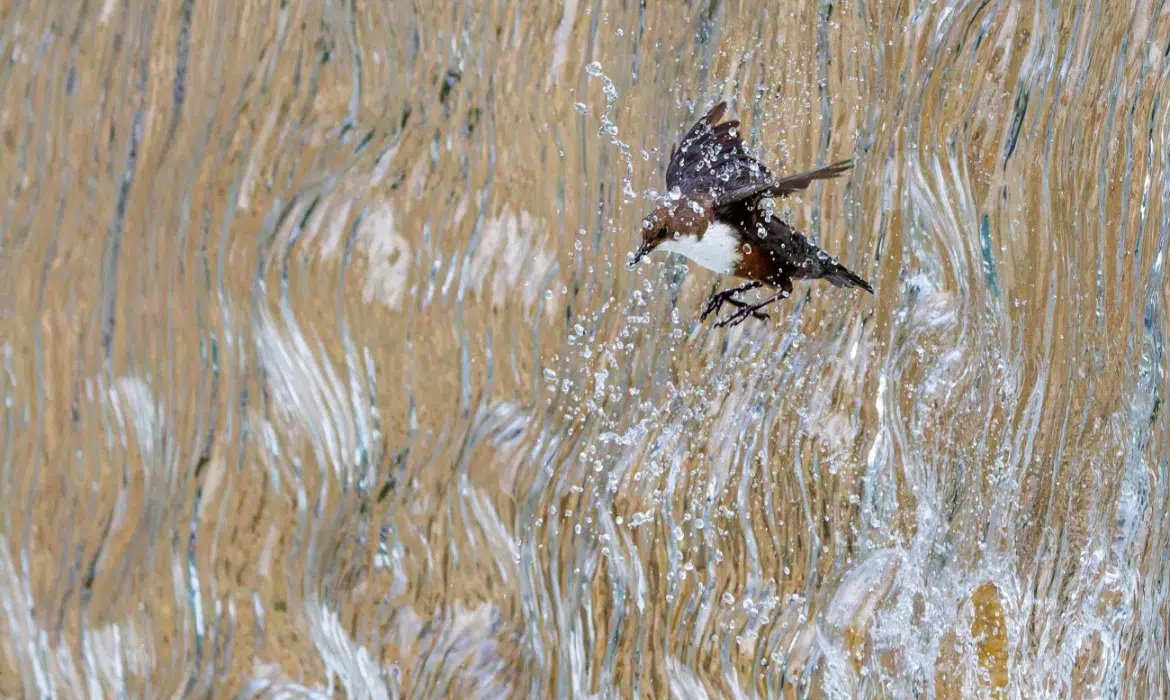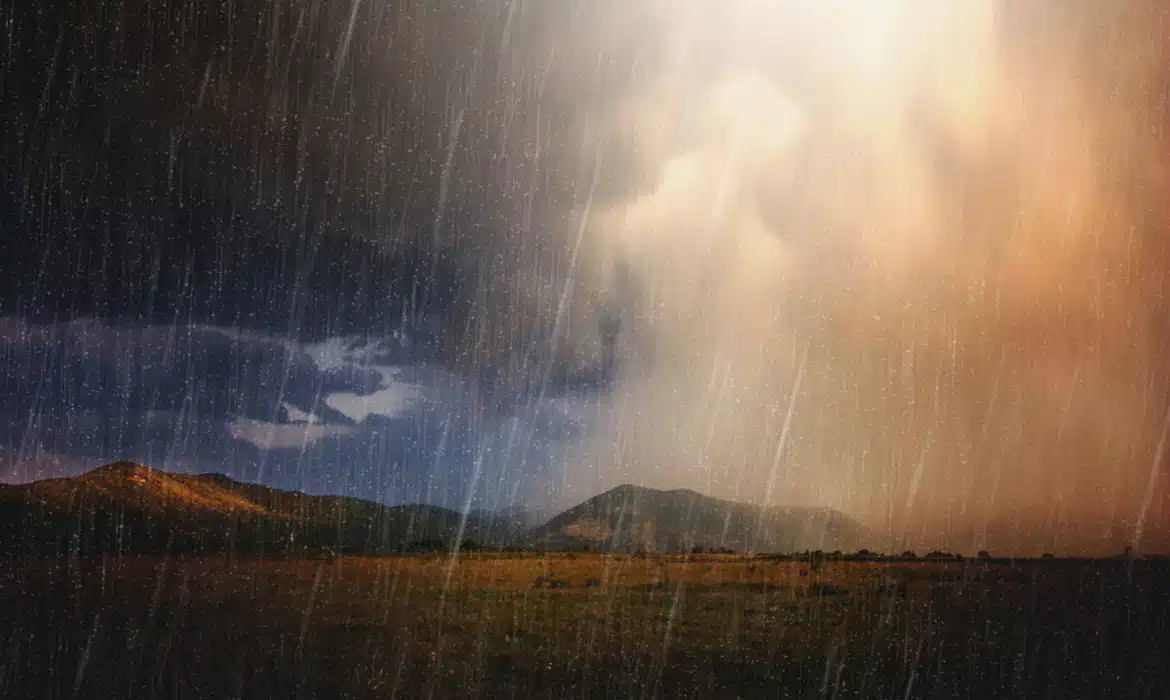Adventurous Bird Crashing Into a Waterfall Wins Nature Photography Contest
Photographer Konrad Wothe spent 20 years waiting for a photographic opportunity that paid off in a big way when he was named GDT Nature Photographer of the Year 2025. Wothe's fascinating photo of a small bird flying through a waterfall earned him the title, beating out over 8,000 images entered into this contest for members of the German Society for Nature Photography.






















































































